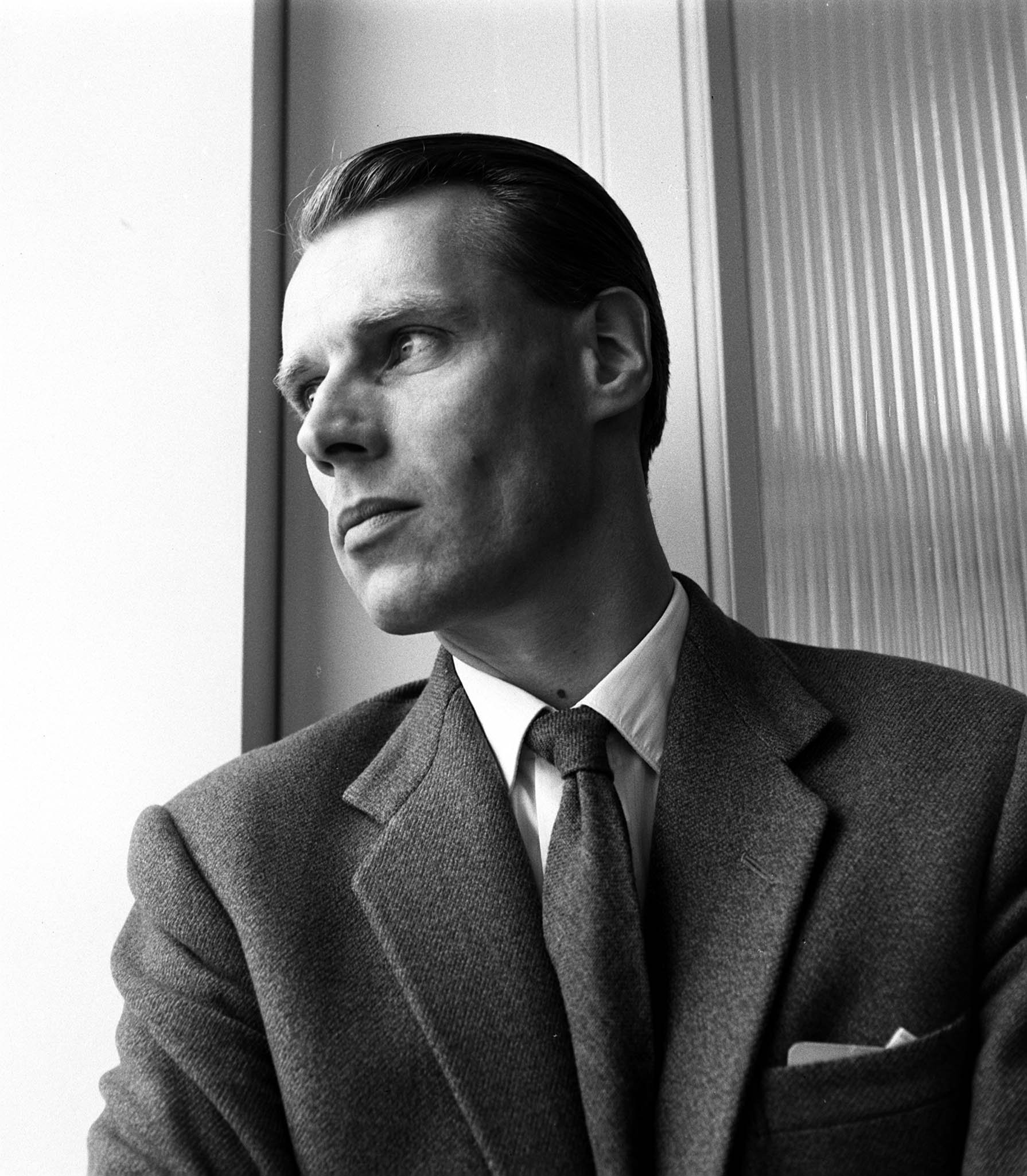GEORGE MARTIN
(3 January 1926 - 8 March 2016)
Where do you begin with a career like that of Sir George Martin? Apart from being one of the most successful music producers of all time, he had a hand in many entertainment outlets from single records and CDs to composing and arranging, and from conducting to audio engineering music for concerts, films, TV movies, videos and documentaries in a career that spanned every kind of music from pop to classical. He was quite literally a Renaissance man of music. Born in Highbury, north London, he had a few piano lessons but was virtually self-taught. Following jobs as a quantity surveyor and a War Office clerk, he joined the RAF. He then studied piano and oboe, graduated from the Guildhall School of Music and Drama and joined the BBC’s classical music department. From 1950 he went to EMI, working mainly on comedy and novelty songs with Peter Sellers, Bernard Cribbins, Charlie Drake, Beyond the Fringe etc. He recorded At the Drop of a Hat, the album of Flanders & Swann songs which became a hit for decades.
However, the signing of The Beatles by Martin changed the UK pop scene for good. He also had success arranging music or producing records for Gerry and the Pacemakers, The Temperance Seven, Matt Monro, Cilla Black, Billy J. Kramer and the Dakotas, The King’s Singers, Jeff Beck, John Williams, Neil Sedaka, Elton John, Celine Dion and countless other. Donning another hat he composed film scores for Crooks Anonymous, Take Me Over, Calculated Risk, A Hard Day’s Night, Ferry Cross the Mersey, Yellow Submarine, The Family Way, Pulp, The Optimists of Nine Elms, Sgt Pepper’s Lonely Hearts Club Band and Honky Tonk Freeway among others. He produced the songs for the James Bond films Goldfinger and Live and Let Die, for which he composed the score. Along with his other contributions to television movies, documentaries and video games, all in all Sir George Martin was a one-man music industry.
MICHAEL DARVELL

